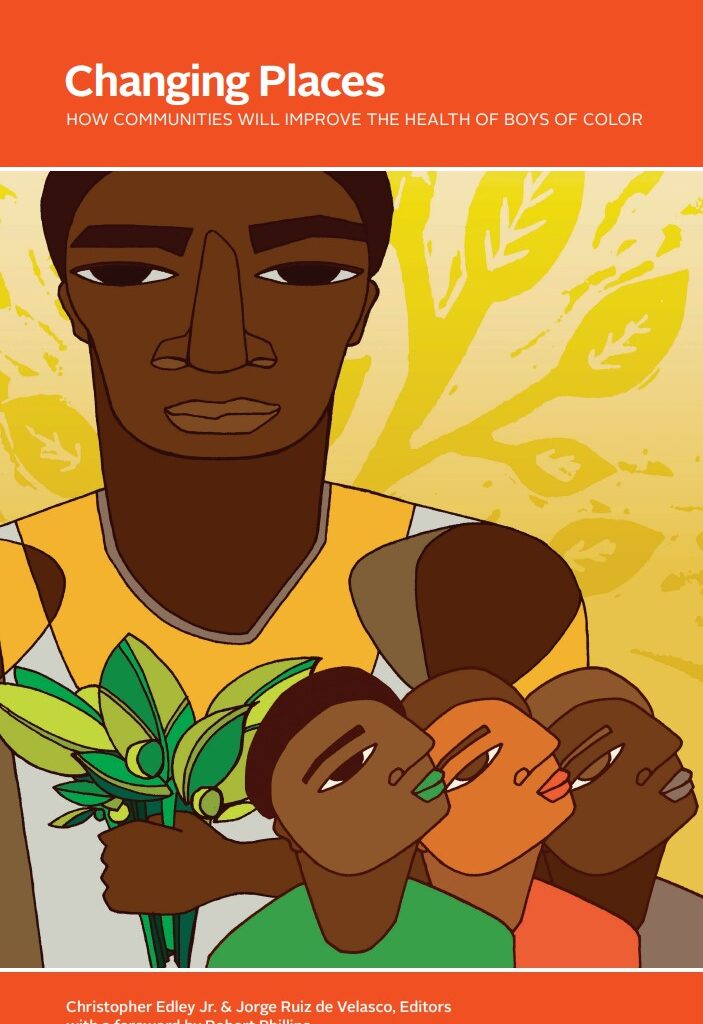
2010
Please note: reports dated earlier than June 2020 were published under our previous names: the USC Program for Environmental and Regional Equity (PERE) or the USC Center for the Study of Immigrant Integration (CSII).
With America hemorrhaging talent—and all the weaker for it—Angela Glover Blackwell and Manuel Pastor argue that the nation needs to refocus efforts on the success of young men and boys of color. Their rationale is not altruistic but pragmatic: given the rapidly changing demography, the nation’s future depends on the ability of these young people to meaningfully contribute to refashioning the economy and society. Part of the current problem, they argue, is that schools, the criminal justice and even the economy have become less forgiving of youthful mistakes—and boys and young men of color are bearing the brunt of these social policies. Moving ahead will require new policies, but it will also require new politics—particularly the courage to declare that America cannot afford to ignore the crisis of young men of color and the understanding that addressing this crisis is essential to building a broad-based transformational coalition around equity and opportunity.
Blackwell and Pastor offer these thoughts in “Let’s Hear it for the Boys: Building a Stronger America by Investing in Young Men and Boys of Color,” the lead chapter for a new book, Changing Places: How Communities Will Improve the Health of Boys of Color. The volume, edited by Christopher Edley Jr. and Jorge Ruiz de Velasco of the UC Chief Justice Earl Warren Institute on Race, Ethnicity and Diversity, was supported by The California Endowment and published by the University of California. It documents health disparities for boys and young men of color, why race and place matters, and what we can do about it.



